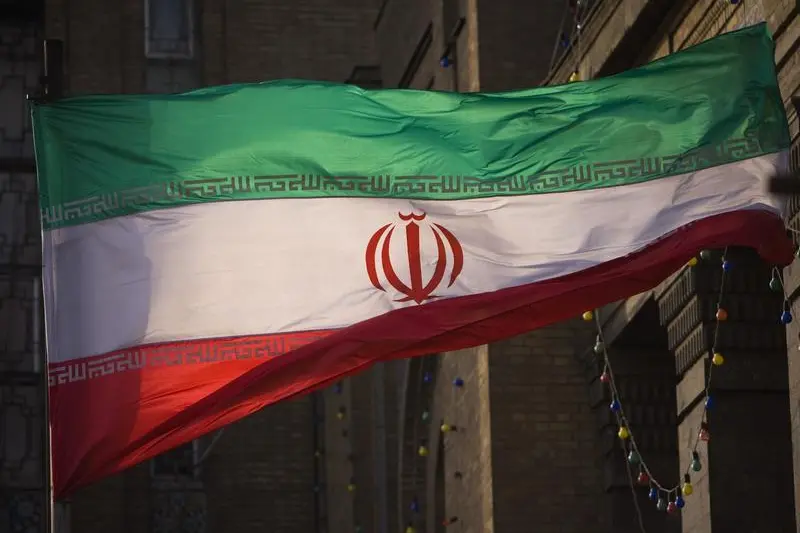PHOTO
WASHINGTON: The United States on Wednesday placed sanctions on entities and people based in China, Turkey, the United Arab Emirates and Iran for aiding the Iranian attack drone program, which Washington accuses of supplying such weapons to Russia for use in Ukraine.
The U.S. Treasury said it put sanctions on five entities and two people who were part of a network helping procure sensitive parts - including servomotors, which help control position and speed - for Iran's unmanned aerial vehicle (UAV) program.
The network facilitated shipments and financial transactions for the Islamic Revolutionary Guards Corps' procurement of such motors used in Iran's Shahed-136 drones, it said, adding that a motor procured by the network was found recently in the remains of a Russia-operated Shahed-136 drone shot down in Ukraine.
"Iranian-made UAVs continue to be a key tool for Russia in its attacks in Ukraine, including those that terrorize Ukrainian citizens and attack its critical infrastructure," Treasury Under Secretary for Terrorism and Financial Intelligence Brian Nelson said in a statement.
Iran says it has not provided Russia with drones for use in Ukraine.
The United States and its allies imposed extensive sanctions on Russia after its February 2022 invasion of Ukraine. But supply channels from Black Sea neighbor Turkey and other trading hubs have remained open, prompting Washington to issue repeated warnings about the export of chemicals, microchips and other products that can be used in Moscow's war effort.
Washington has also previously said there is "poor sanctions compliance" in the United Arab Emirates.
The Treasury named the sanctions targets as Iran-based Pishgam Electronic Safeh Company (PESC), which it said had procured thousands of servomotors with one-way attack drone uses, and its chief executive Hamid Reza Janghorbani.
The Treasury targeted Hong Kong-based Hongkong Himark Electron Model Limited (Hongkong Himark), which it said had fulfilled servomotor orders for PESC in Iran, and China-based Hongkong Himark official Fan Yang.
In addition, the Treasury targeted two Turkey-based firms with long names - Dal Enerji Madencilik Turizm Sanayi Ve Ticaret Anonim Sirketi and Anka Port Ic Ve Dis Ticaret INSAAT Lojistik Sanayi Limited Sirketi - accusing them of facilitating transactions in support of PESC's servomotor procurement from Hongkong Himark.
The Treasury also put sanctions on UAE-based Farhad Ghaedi Goods Wholesalers LLC, accusing it of facilitating the shipment of servomotors via Dubai for delivery to PESC in Iran.
Among the sanctions' consequences, all property of the targets that fall under U.S. jurisdiction must be blocked and reported to the Treasury. (Reporting by Rami Ayyub and Daphne Psaledakis in Washington and by Arshad Mohammed in Saint Paul, Minn.; Writing by Arshad Mohammed; Editing by Susan Heavey and Timothy Gardner)





















